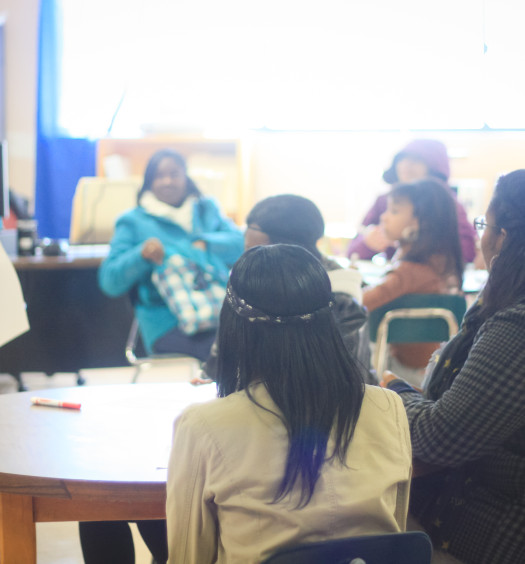Advocating for Stronger Voices In Developing Nations

Photo by Genesis Photography-R.E.W
Some days genuinely are overwhelming. We hear about disasters, we hear about starvation, we hear about tragedy and slavery and injustice. We can read books, watch documentaries and even take short trips to areas of extreme poverty or disaster. But how can we legitimately make a difference? How can we have an impact?
Is it through giving to government programs that partner with global leaders in the fight against poverty? Is it through handouts? How are vulnerable women and children in developing nations cared for best?
The truth is–there is no one perfect solution. But there are three primary things we can do to be advocates.
Jumping in unaware of our surroundings will often lead to unstable attempts at progress and can fail or even cause damage. Many books have been written on this topic, such as When Helping Hurts and Toxic Charity.
Listening and learning before taking action can be tedious and discouraging, but in the long run, it leads to sustainable, stable change. It is only after listening that we can move to the step of acting.
Poverty is far more about than just finances, and our advocacy should reflect that. As one individual (name is concealed) commented, “You know, the biggest danger of poverty is it puts your dignity at risk and anyone who passes by can manipulate you. Because of your poverty, anyone can abuse you. And you know, we Ethiopians, wherever we are, we’re at risk, inside or outside. That’s painful! It is painful!”
By creating jobs and supporting businesses with purpose, we can prevent these kinds of human rights injustices. We can vote with our dollar for a better world. We can create jobs and boost local economies, but more importantly, we contribute to dignified labor.
These are only two ways to be an advocate. There are so many more. But if we move forward with humility and earnestness, we can, and will, see real change.
Having said all of that, I want to leave you with one challenge. Start with the first step. Find a book written by someone who is native to a developing nation. Read their story. Let their words lead you to your next step.
FROM THE EDITOR
At Conscious, we feature powerful stories about global initiatives, innovation, community development, social impact and more. You can read more stories like this and connect with a growing community of global leaders when you join as a member.



